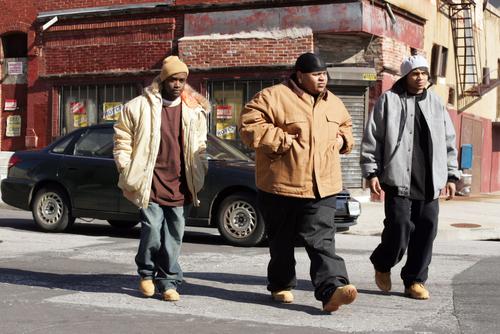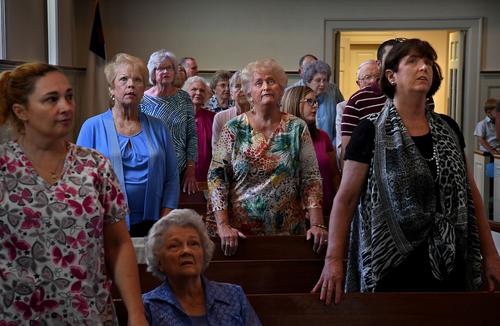Who Are We? — A Palm Sunday Meditation
I write to White Christian America. Who are we? As we read the Palm Sunday, Passion Week and Easter narratives, who are we? Where do we fit in the story?
We default to thinking of ourselves as the Disciples. We are the heroes of the story. We are the ones who walk with Jesus, who treasure His words, who fear the Romans and the corrupt religious establishment. We are the persecuted and the ones discriminated against.
As I’ve listened more, I’ve heard the people of Black Christian America say, “Jesus is a Black man”. I didn’t understand what they meant. Jesus didn’t have black skin. He may have had darker skin than me (that’s not hard to do). He may have looked like a Middle Easterner. But he wasn’t black.
But this isn’t a statement about skin color. (Black Hebrew Israelites aside.) “Jesus is a Black man” is a statement about society, culture, and status. It’s about where Jesus fit in the context of His world and how He was viewed and what people thought of Him.
In the Roman Empire, Judea was a cultural and economic backwater. It was the home of malcontents, criminals, and rebels. It was trouble. Anyone who came from Judea started off at a disadvantage and had to work twice as hard for respect. Just ask Herod.
If Judea was a cultural backwater, Nazareth was the cultural backwater of Judea. Jesus came from the cultural backwater of a cultural backwater. No one outside of Judea respected Judeans and no one in Judea respected Nazarenes.
Jesus surrounded Himself with unsavory people. People who were illiterate and crude. People who made a living cheating others. People who made a living doing dirty, smelly jobs. People who were criminals.
Then He had the audacity to travel around telling everyone that they were doing life wrong, believing wrong, living wrong.
Let’s put Jesus into our context. He was a poor, Black man, from West Baltimore. He was tatted up, wore his hair in cornrows. He was friends with rappers, drug dealers, street prostitutes, and con men. He wasn’t just surrounded by them, he made them part of His inner circle. Have you seen The Wire, the men from the projects? That was Jesus.
Who are we? We are the White, well-to-do people who despise the inner cities. We consider them dirty, dangerous, unsavory, full of crime and moral degeneracy. Not only do we refuse to live there, we often refuse to travel there and fear the people who live there.
We certainly don’t want any of those street thugs telling us that we’re wrong about our mostly deeply held beliefs and need to make drastic changes. We don’t want to hear about our wrong view of history, our wrong views about poverty and money. We don’t want to hear that the nation we’ve created and love and defend is wrong, and that we are culpable for much of the suffering in our world. We don’t want to hear some Black man telling us that the way to paradise and eternal life is to give away all our wealth to the people like Him, and then follow Him.
We don’t want to hear it. Jesus is a Black man and we are White Christian America. We are the religious leaders. We are the High Priests. We are the Roman oppressors. And we’re not following Jesus, as his faithful disciples. We are the synagogue rulers and political leaders who are worried about the troublemaking, rabble rousers from the inner cities. We are the villains of the story.
This entry was tagged. America Bible Black Lives Matter Christian Living Christianity Jesus Racism Sin Sunday Sermon
Discuss this post with me, on Mastodon.

